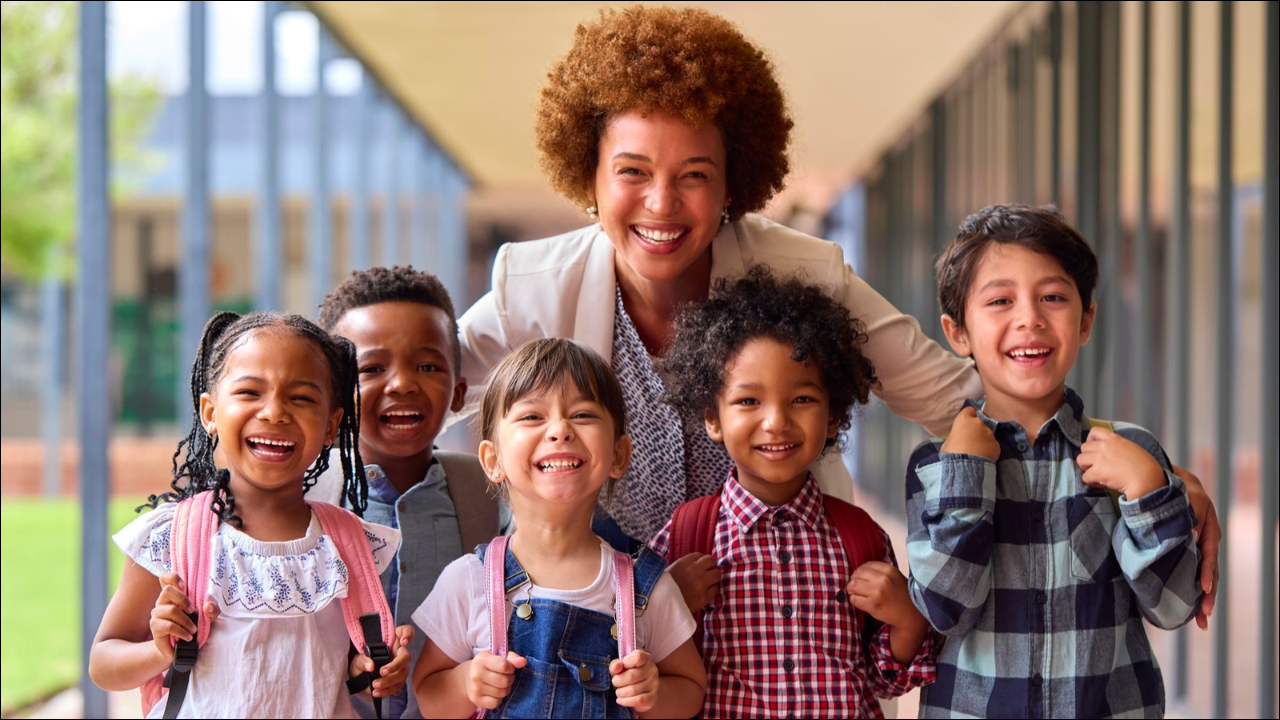
Resilience stands as the foundation of emotional and psychological strength in modern society. Every person encounters challenges, but the ability to recover and adapt distinguishes those who thrive from those who struggle. Service Community Centers (Service CCs) play a crucial role in empowering individuals by offering structured resources that strengthen social connections, improve coping mechanisms, and build long-term protective factors. These centers provide not only practical support but also emotional guidance that enhances a person’s ability to manage stress, maintain optimism, and sustain mental well-being.
Table of Contents
Understanding Resilience and Protective Factors
Resilience represents the inner strength that enables individuals to adapt positively in the face of adversity. It involves flexibility, perseverance, and a sense of purpose that sustains people through personal, social, or professional challenges.
Protective factors, on the other hand, are conditions or attributes that lessen the negative impact of stressful events. These include stable relationships, effective communication, self-confidence, and community support.
Key Components of Resilience:
- Emotional awareness and self-control
- Problem-solving skills
- Social and community bonds
- Realistic optimism and goal orientation
- Physical and mental self-care
Role of Service CC Resources in Building Resilience
Service CCs (Community Centers) provide holistic programs and initiatives that strengthen both emotional and social well-being. Their structured support helps individuals develop life skills, foster relationships, and access mental health resources within an inclusive environment.
Core Areas Supported by Service CCs:
- Social Connection Activities: Group events, community volunteering, and support groups that enhance belonging.
- Skill Development Workshops: Sessions on communication, conflict management, and emotional regulation.
- Counseling Services: Professional guidance to manage anxiety, depression, or family stress.
- Community Outreach Programs: Initiatives that connect vulnerable individuals to essential services.
Building Social Connection through Service CCs
Social connection acts as a protective buffer against stress and loneliness. Service CCs design programs that help participants expand their social circles, create meaningful bonds, and cultivate mutual support.
Examples of Social Connection Programs:
- Peer Support Groups – Safe spaces where participants share experiences and receive empathy.
- Volunteer Projects – Community cleanups, charity drives, and outreach programs that encourage collaboration.
- Interest-Based Clubs – Art, fitness, and educational clubs that promote shared passions.
- Intergenerational Activities – Programs that connect youth with seniors, promoting understanding and compassion.
Benefits of Social Connection via Service CCs:
- Stronger emotional networks
- Reduced feelings of isolation
- Improved empathy and interpersonal trust
- Greater sense of purpose and belonging
Developing Coping Skills through Structured Support
Effective coping skills allow individuals to handle pressure constructively rather than react impulsively. Service CCs integrate evidence-based practices into workshops and support sessions that teach emotional regulation, problem-solving, and mindfulness techniques.
Key Coping Skill Programs Offered:
- Stress Management Workshops – Education on time management, breathing techniques, and relaxation methods.
- Mindfulness and Meditation Sessions – Guided practices that enhance focus and calmness.
- Conflict Resolution Training – Strategies to handle interpersonal disagreements respectfully.
- Career and Life Coaching – Guidance that improves adaptability and goal-setting under uncertainty.
Impact of Coping Skill Development:
- Increased tolerance to stress
- Improved emotional balance
- Enhanced decision-making
- Reduction in burnout and anxiety
Overview: Core Elements of Resilience Development via Service CCs
| Area of Focus | Description | Key Benefits | Example Activities |
|---|---|---|---|
| Social Connection | Building supportive networks within the community | Strengthened belonging and mental stability | Peer groups, volunteer events |
| Coping Skills | Learning strategies to handle stress effectively | Greater adaptability and calmness | Stress management sessions |
| Emotional Awareness | Understanding and managing emotions constructively | Enhanced empathy and self-control | Emotional intelligence workshops |
| Problem-Solving Skills | Developing logical and positive approaches to challenges | Improved confidence and resilience | Life coaching, team-based activities |
| Community Support | Accessing shared resources and outreach programs | Reduction in isolation and vulnerability | Family support programs, hotlines |
Long-Term Benefits of Resilience Training through Service CCs
The consistent involvement in Service CC activities brings measurable improvements to both personal and community well-being. Participants not only strengthen individual coping skills but also contribute to the collective emotional health of their surroundings.
Personal-Level Benefits:
- Increased self-confidence and optimism
- Enhanced ability to recover from setbacks
- Greater life satisfaction and motivation
Community-Level Benefits:
- Stronger neighborhood bonds
- Decline in stress-related issues
- Development of empathetic and cooperative communities
Comparison of Individual and Community Benefits
| Category | Individual Benefits | Community Benefits |
|---|---|---|
| Emotional Growth | Improved mental stability | Supportive social climate |
| Skill Enhancement | Better coping and communication | Reduced conflicts and misunderstandings |
| Social Development | Broadened connections | Collaborative community projects |
| Sustainability | Continuous self-improvement | Long-term community resilience |
Strategies for Strengthening Resilience through Service CC Participation
- Regular Attendance – Consistent engagement with Service CC programs ensures steady progress.
- Goal Setting – Establishing realistic objectives encourages personal responsibility and direction.
- Peer Mentorship – Learning from others’ experiences deepens understanding and empathy.
- Volunteering – Serving others enhances perspective and gratitude.
- Seeking Feedback – Constructive criticism fosters growth and adaptability.
These strategies, when applied regularly, contribute to a more resilient mindset and emotionally stable life.
Integration of Digital and Hybrid Programs
Modern Service CCs also integrate digital resilience-building tools, ensuring accessibility to remote participants.
Examples include:
- Online counseling sessions for mental wellness
- Virtual community meetups promoting social bonding
- Digital mindfulness workshops to reduce stress
- Webinars on emotional intelligence and coping mechanisms
These initiatives enable inclusive participation for individuals with limited mobility, busy schedules, or geographical constraints, reinforcing the adaptability of resilience programs.
Collaborations and Partnerships for Enhanced Impact
Partnerships between Service CCs, educational institutions, and mental health organizations broaden the scope of resilience-building programs.
Collaborative Focus Areas:
- Student wellness campaigns
- Family therapy awareness drives
- Corporate resilience workshops
- Public mental health outreach
Such collaborations amplify the availability of resources and ensure a more unified approach toward community well-being.
Moving Forward
Resilience reflects not only an individual’s internal strength but also the collective power of community support. Service CCs provide structured, inclusive, and impactful resources that nurture emotional stability, coping mechanisms, and social ties. Through continuous participation, individuals gain confidence, adaptability, and optimism—qualities that protect them from the pressures of modern life. A resilient society begins with connected individuals, and Service CCs stand as the pillars of that transformation.





